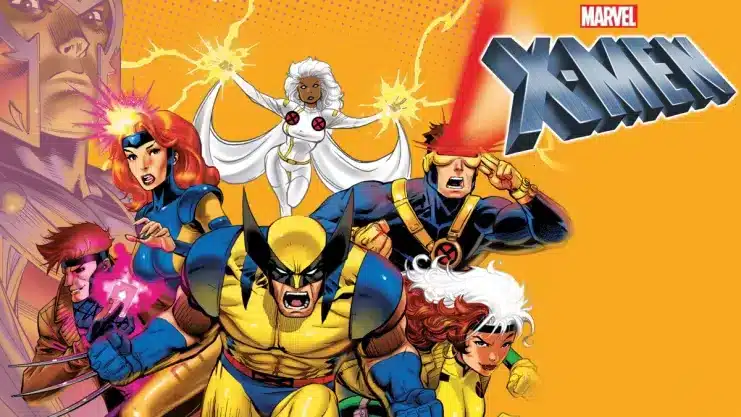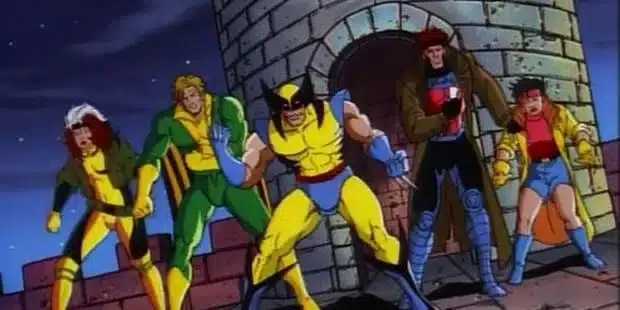
We review the original X-Men animated series, the event that defined an era and catapulted mutants to movie stardom.
In the vibrant entertainment cosmos of the 90s, a gem shined in its own light, capturing the imagination of a generation of superhero enthusiasts. We are talking about “X-Men: the animated series”, a product that exceeded expectations and became a cultural phenomenon. With five seasons and 76 episodes, this series not only established itself as a milestone in children’s television, but also laid the foundation for the rise of superhero movies that dominate the big screen today.

The first flash and the unexpected result
In the early ’90s, then-Fox Kids head Margaret Losch realized the huge potential of the X-Men. In the year It was picked up by Saban Entertainment in 1991, ordering a 13-episode first season. In the year Since its launch in 1992, the series has captivated audiences and critics alike with its faithful adaptation of the adventures of these iconic mutants.
Contrary to popular belief, “X-Men: The Animated Series” was never suddenly canceled. Despite various production challenges, the series ran smoothly, even exceeding its original plan of 65 episodes. This unexpected extension has left fans and the creators themselves in unknown, but no less exciting territory.
The series’ impact on popular culture and the success of subsequent X-Men films is undeniable. “X-Men: The Animated Series” was not only a huge success for the Fox Kids Network, but also set the stage for the golden age of superhero cinema we live in today. People of all ages who grew up admiring this group of heroes on the small screen are the target of movie favorites like “The Avengers.”


Wolverine, the soul of the animated series
Wolverine became the undisputed heart of “X-Men: The Animated Series” with his adamantium claws and mysterious past. His complex personality and inner conflicts resonate deeply with audiences, proving him to be one of the franchise’s most beloved and iconic characters. On screen, this mutant not only shared acceptance and justice in the fight, but also demonstrated the power of redemption and the importance of finding family in the most unexpected places.
Wolverine’s popularity extended beyond the animated series and was instrumental in the success of the X-Men films, where the character was explored in greater depth. Compared to other characters, Logan represents the essence of the X-Men: diversity, strength in the face of adversity and a constant search for purpose. His legacy in the series and movies shows how a character can be a symbol of hope and resilience, inspiring generations of fans to embrace their own differences.
A natural conclusion
Despite the speculations, the series ended without cancellation in 1997. The extension beyond the planned 65 episodes allowed for more stories to be explored, although this meant a change in the quality and budget allocated to the production. The fifth season, animated by a low-cost studio in the Philippines, kept the essence that fans loved, albeit with a slightly different aesthetic.


This “extended ending” allowed “X-Men: The Animated Series” to leave an indelible mark on the hearts of fans, providing a satisfying closure to a saga that exceeded expectations. For a series that far exceeded expectations, it was a farewell that echoed like an echo of praise, setting the stage for Mutants to make the leap to the big screen.